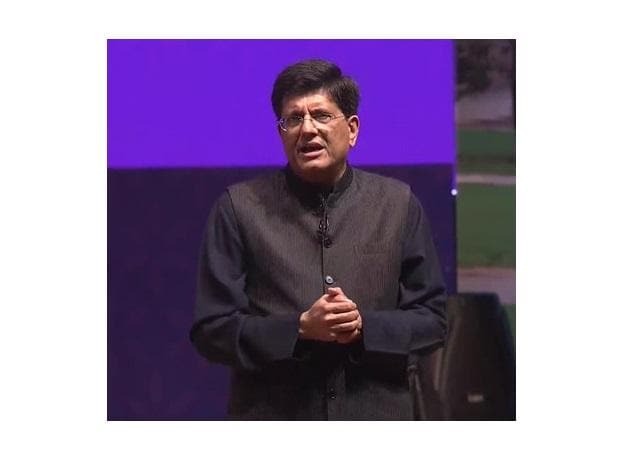Amid increasing anticipation over Tesla’s entry into the Indian market, the government has definitively quashed any chance of import duty concessions. Union Commerce Minister Piyush Goyal, speaking at the annual convention of the Automotive Component Manufacturers Association (ACMA), reinforced the government’s position by stating that no special treatment would be given to any player in the automotive sector.
This statement follows recent speculation that the government was formulating a policy to offer import tax incentives to car manufacturers committed to local production.
“Everything will be done equitably without any differentiation or preferences. We are a government that provides equal opportunities to all,” Goyal emphasised. “We will draft a policy in consultation with all stakeholders.”
He also pointed out that Tesla is already a significant purchaser of Indian auto components. Goyal revealed that the volume of imports from India is expected to be roughly twice the auto parts worth $1 billion that Tesla imported last year.
“Last year, Tesla purchased components valued at $1 billion from India. This year, they aim to import between $1.7 billion and $1.9 billion,” Goyal noted. “I am certain that electric vehicles (EVs) represent the future, and it’s an area we should strive to attract.”
Tesla’s keen interest in India is not new; the company has been in dialogue with the government about setting up a manufacturing base for affordable EVs. This renewed focus on India follows a meeting between Elon Musk and Prime Minister Narendra Modi during the latter’s recent state visit to the United States.
“I am confident that Tesla will establish its presence in India as swiftly as possible,” Musk had said at the time.
Government sources say that the Prime Minister’s Office and the Commerce and Industry Ministry are spearheading these talks and are optimistic about Tesla setting up its local manufacturing and supply chain. If this proposal materialises, it could significantly bolster the government’s “Make in India” initiative.
Tesla executives had visited India in May to discuss the possibility of establishing manufacturing facilities for vehicles and batteries.
Tesla initially aimed to enter the Indian market in 2021 by advocating a reduction in the 100 per cent import tax on EVs. However, talks between the company and Indian officials hit a snag when it was suggested that Tesla would need to commit to local manufacturing first.
Business Standard had earlier reported on July 13 that the Texas-based electric vehicle manufacturer had instructed its battery suppliers to begin talks with the Indian government about setting up battery production units in the country. Panasonic Energy, a leading supplier for Tesla, has also approached the government to discuss setting up a battery manufacturing facility.











